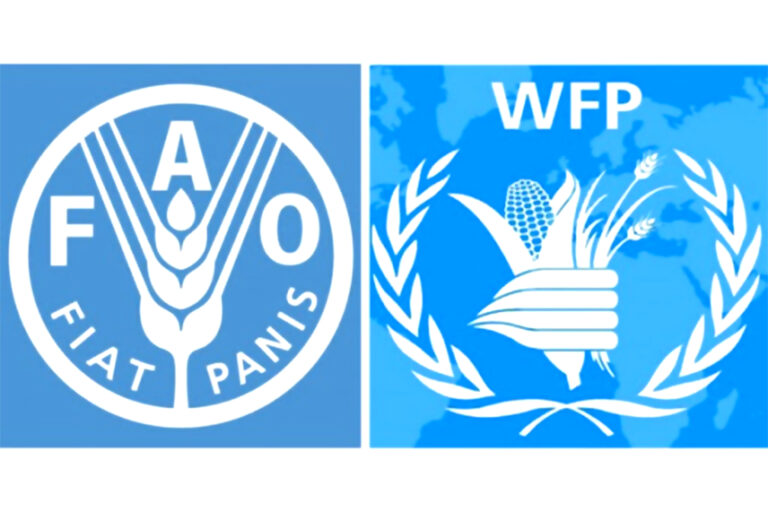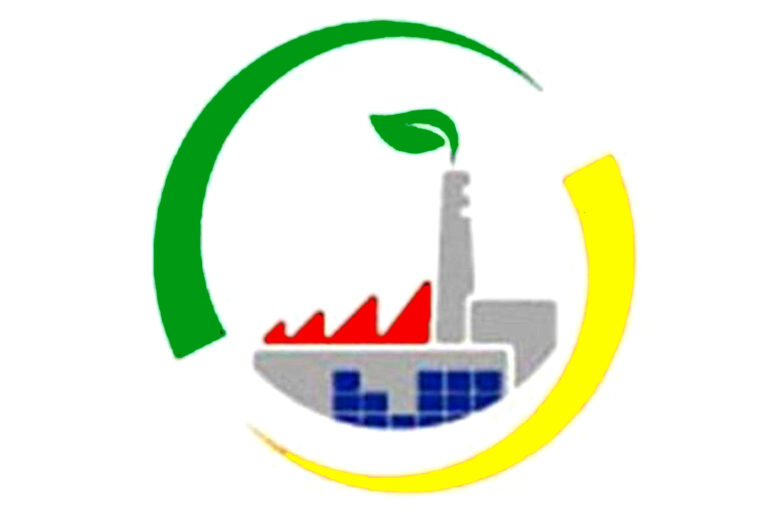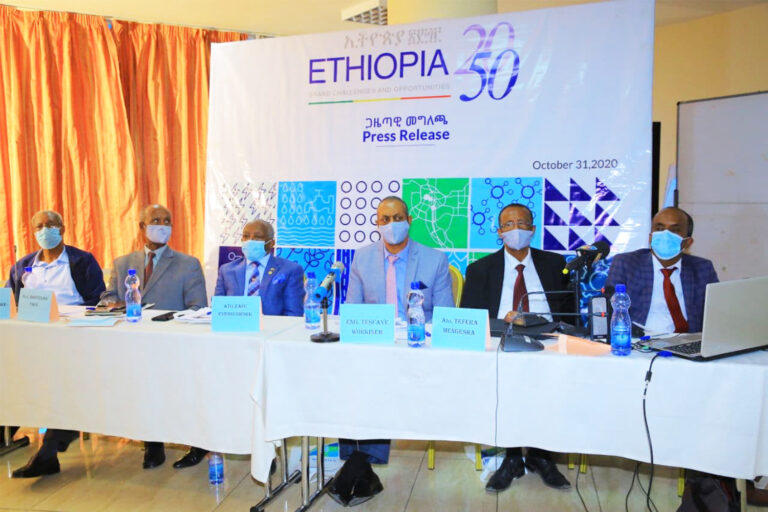Hotspots in four countries on brink of famine
A joint FAO-WFP report raised the alarm on 20 countries including Ethiopia, saying that acute food insecurity levels appear to be reaching new highs globally as a result of the socio-economic fallout of measures imposed to contain the spread of COVID-19.
The report aims to raise an early warning on 20 countries and situations – called hotspots – that, starting from already significant levels of acute food insecurity in early 2020, are facing the risk of a further rapid deterioration over the next months.
Hotspots in four countries – Burkina Faso, Yemen, South Sudan and Nigeria – are on the brink of severe levels of food insecurity and could potentially fall into famine within three to six months as the coronavirus pandemic erodes people’s ability to access food the report warned.
The Early Warning Analysis of Acute Food Insecurity Hotspots report conducted by the Food and Agriculture Organization (FAO) and the World Food Programme (WFP) found that millions of people who were already facing hunger are on the brink of famine as the pandemic plunders employment, disrupts agricultural activities, slashes remittances and sends crude prices spiralling.
“We are at a catastrophic turning point. Once again, we face the risk of famine in four different parts of the world at the same time,” said Margot van der Velden, WFP director of emergencies.
Burkina Faso, Yemen, Nigeria and South Sudan were already facing a dangerous combination of conflict, mass displacement, economic crisis and climate and agricultural calamity. COVID-19 and subsequent restrictions and lockdowns that followed have only exacerbated the pain.
Up to 80 percent of the people experiencing acute food insecurity are farmers, herders, fishers and foresters.
Already in 2019, 135 million people were facing a food crisis or emergency in 55 countries and territories, while an additional 183 million were classified in Stress conditions across 47 countries, with a risk of further deterioration.
How conflicts play out, whether humanitarian agencies have access to populations in need, what the pandemic does to food prices, and how governments deal with the currently burgeoning COVID-19 pandemic will continue to affect food systems.
Rainfall and harvest outcomes are also an important factor.
According to the 2020 Global Report on Food Crises – September 2020 update, the COVID-19 pandemic has exacerbated these pre-existing and on-going drivers, mainly by causing economic activities to decline, which in turn led to income loss and reduced household purchasing power, and a multitude of food-system wide shocks.
In the next three to six months, 20 countries and situations shown on the map are likely to face potential spikes in high acute food insecurity, driven by multiple overlapping drivers, and require urgent attention. Yemen, South Sudan, northeastern Nigeria and Burkina Faso have areas of extreme concern whose populations, partially or completely cut off from humanitarian assistance, have reached a critical hunger situation following years of conflict and other shocks.
In these areas, any further deterioration over the coming months could lead to a risk of famine.







